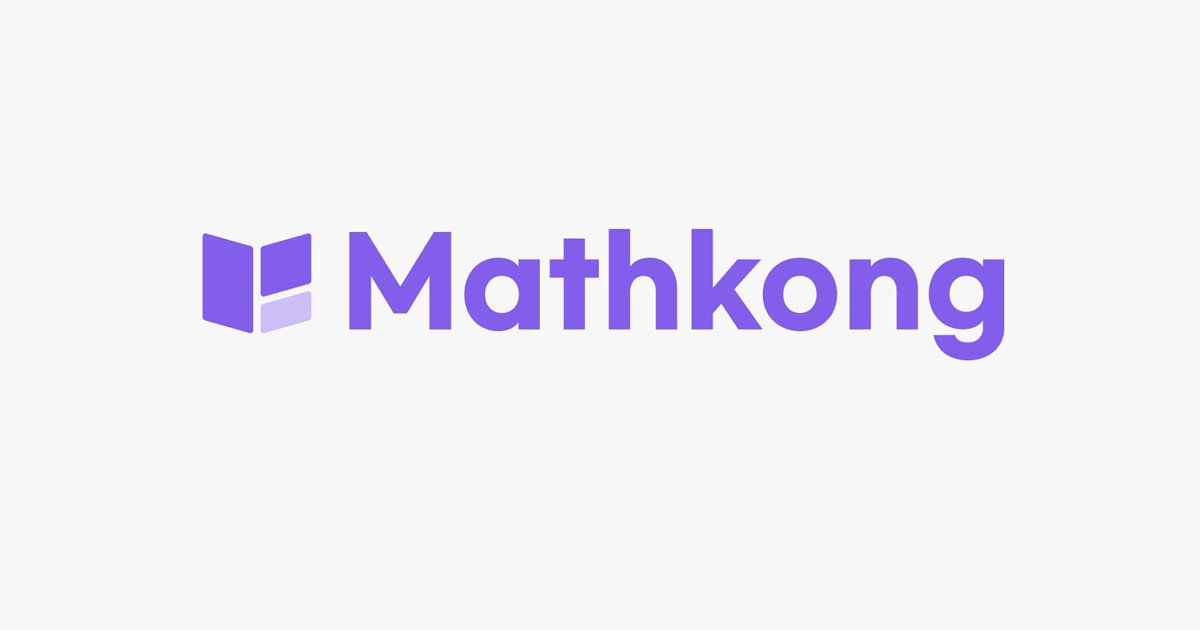In the dynamic world of design, a designer’s theoretical knowledge forms the core of his or her education. Still, it is in the practical application of the same knowledge that a designer distinguishes himself or herself. The JD School of Design, powered by JD Institute understands the significance of bridging the gaps between theory and practice, enabling students to not only internalize principles but also acquire the essential hands-on approach that is currently thriving in the industry. This is done through its series of industry-led workshops, which play a major role in the making of future designers.
Practical Experience in the Design Classroom
Design is naturally a practical field of study. Whether it be fashion design, interior design, product design, or graphic communication design, the individual has to turn ideas into reality. Even though the classroom exposes students to very important theoretical foundations such as design history, principles, and methods, experience transforms these into concrete abilities.
The industry develops workshops at JD School of Design to instil this crucial experience in every student. These workshops will enable live projects wherein students share in the live project, work in close interaction with industrialists, and also obtain a walkthrough on the present market trends. Such opportunities for real practical expositions would ensure that the students are industry-ready, with the confidence to take on real challenges.

How Industry-Led Workshops Enhance Learning?
JD School of Design builds its workshops, not just add-ons. Given this context, we can summarize the value that industrial-led workshops provide for students as follows :
- Exposure and Understanding of real-world problems- One of the major benefits of industry-led workshops is that students are exposed to real-world challenges. It is different from hypothetical classroom projects, which involve working around live briefs from industry partners. This means students must navigate the complexities of real clients, deadlines, and market demands.
For instance, a workshop might revolve around designing a new line of products for a fashion brand, formulating an interior design plan for a commercial space, or hashing out a branding strategy for a start-up. Such projects require that students apply their abstract knowledge in active practice within a live, highly pressurised environment that is supposedly similar to the one in their professional lives.
- Learning from industry experts – Students at JD School of Design also gain an added advantage by being able to learn from live industry experts through such industry-led workshops. Most of them have experience and knowledge much broader than what one can teach in a class. They also provide mentorship, share real-world experiences, and offer guidance on best practices and industry standards. For instance, during a fashion design workshop, students may have the opportunity to collaborate with an experienced designer with years of experience. Such a mentor would be able to provide invaluable advice about everything, from fabric selection to garment construction and the business end of fashion. Likewise, through a graphic design workshop, students may work with a creative director at an ad agency to learn the fundamentals of the creative process and what goes into dealing with clients.
- Building a Professional Network – Networking is a critical component of developing a healthy design career, and industry workshops provide the perfect platform for on-the-ground steps towards developing a professional network. This means that students working in such disciplines with the collaboration of industrial professionals can easily forge relationships that lead to internships, job offers, or collaborations. JD School of Design fosters these connections by organising workshops in collaboration with companies and professional market leaders, so its students can not only experience practice but also start in time to build relationships with potential employers and collaborators at the very early stages of their careers.
- Staying updated with the latest industry trends- Technologies, and working methodologies related to the ever-evolving industry continuously come into the limelight. Industry professionals conduct workshops at the JD School of Design, focussing on the latest developments in their respective fields. Most workshops focus on conventional themes, such as emerging themes in sustainable design practice, digital innovation, new materials, and technologies. A sustainable fashion workshop would cover topics such as the use of eco-friendly materials, zero-waste design techniques, and ethical production methods. A digital design workshop could involve the use of the latest tools, cover the main principles of UX/UI design, and integrate augmented reality into design projects. Also, the skills and knowledge of students who take part in the workshops will always be at the level of current market requirements.
The workshops’ contribution to design education will help to bridge the gap between theory and practice within the JD School of Design. This part of the course—the industry-led workshops—would likely end up being the most practical experience for each student, offering professional networking and insights along the way to realising one’s career in the field of their choice. Whether you want to pursue a career in fashion, are a product designer at heart, or are any other design professional, at JD School of Design, powered by JD Institute, you will find just the right infusion to match your dreams: theory-loaded with practical exposure.




